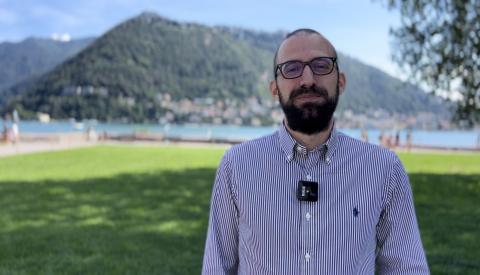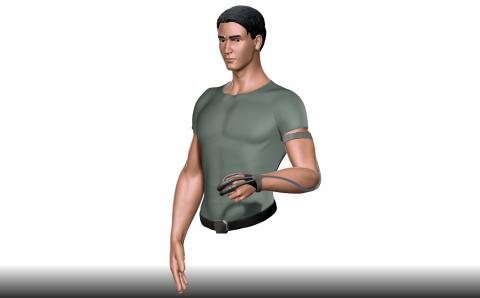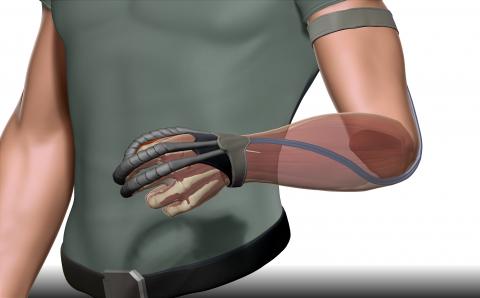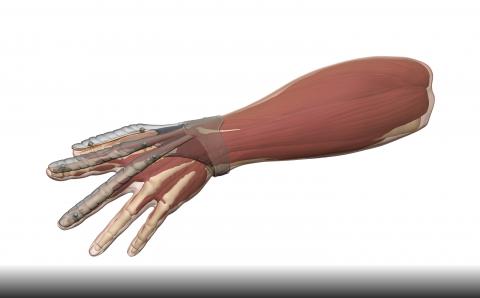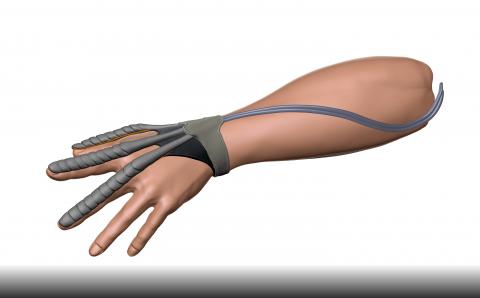Cutting-edge research, the European Commission funds two ERC Starting Grant projects of the Sant'Anna School
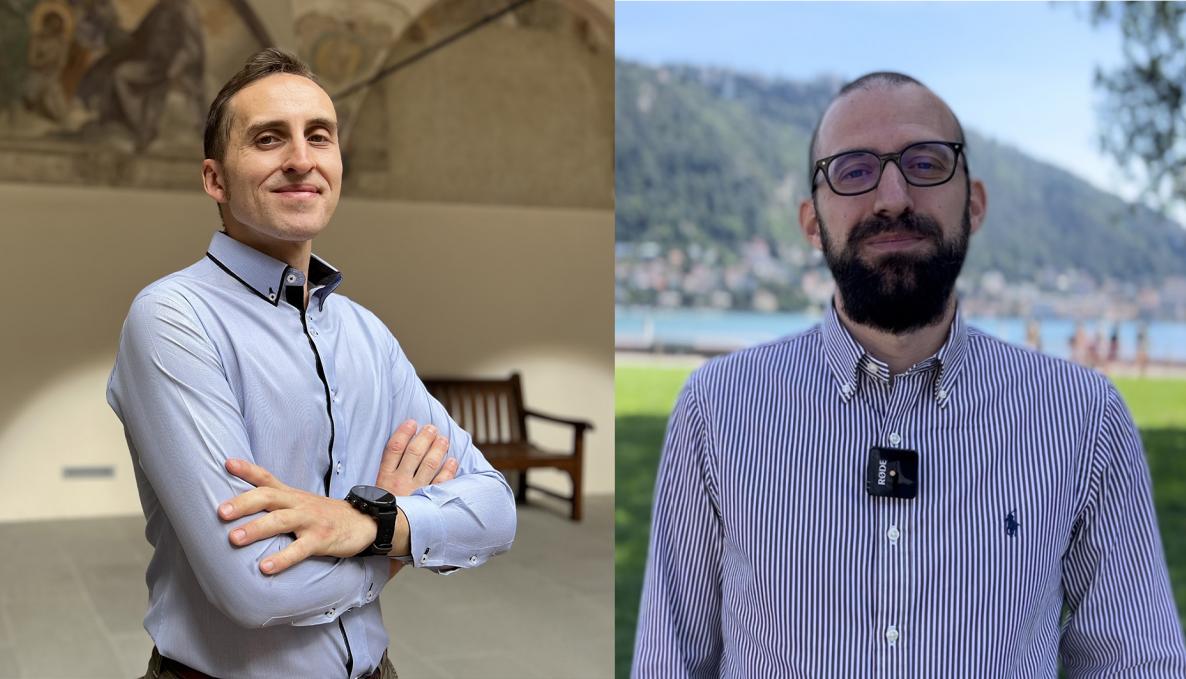
The European Research Council (ERC), the European Union organisation that rewards talented scholars engaged in cutting-edge research, has awarded an ERC Starting Grant to two projects led by researchers from the Scuola Superiore Sant'Anna. The awardees are Leonardo Cappello with the MUSE project for the development of artificial muscles able to support people suffering from severe muscle weakness, and Francesco Lamperti with the FIND project, innovation and finance to combine negative emissions and sustainable development.
With these two new funded projects, the Scuola Superiore Sant'Anna confirms its commitment in key areas for the development of society, such as robotics in rehabilitation and the fight against climate change.
"We have received funding for a Social Sciences project and one for an Experimental Sciences project. This is an extraordinary result because it confirms the vitality and creativity of our community's scientific activity,' says Rector Sabina Nuti.
ERC Starting Grant funding is part of the European Union's Horizon Europe programme and supports cutting-edge research in a wide range of fields, from medicine and physics to the social sciences and humanities. A total of 400 projects, each with a duration of 60 months, have been supported for a total of EUR 628 million.
Below, the description and objectives of the two funded projects.
Muse: artificial muscles to support people with severe muscle disability
When Leonardo Cappello, assistant professor at the BioRobotics Institute of the Scuola Superiore Sant'Anna, began to conceive the MUSE (MuscoloSkeletal Expansion) project, he aimed to combine two apparently distant lines of research, wearable exoskeletal robotics and limb prosthetics. With MUSE, a new paradigm is introduced for the first time, the possibility of implanting exoskeletons directly into the skeletal system of people with motor disabilities in their hands. A new and innovative connection that no longer allows an exoskeleton to be worn, but the development and clinical evaluation of external and artificial muscles (exomuscles) controlled naturally by the patient.
“The exomuscles developed at MUSE - says Cappello - overcome the limitations of current assistive technologies and make it possible to support the movement of people with a motor disability in the hand caused by either paralysis or neurological disorders or traumatic events such as a stroke”.
The MUSE exomuscles combine the extreme portability of pneumatic actuators made of textile materials with the energy efficiency and speed of non-linear elastic structures. The exomuscles will be reliably connected to the patient through structures fixed to the bones, providing the excellent mechanical stability of osseointegration, already widely adopted in dental prosthetics and increasingly explored for prosthetic limbs, but new for exoskeletons.
“This approach - Cappello continues - also makes it possible to exploit osseoperception, which is a sensory feedback mechanism required to control movement based on bone conduction. The final goal of the project? The first implant on a patient, which will serve as a demonstrator of the musculoskeletal expansion concept proposed at MUSE”.
FIND - Finance and Innovation to couple negative emissions and sustainable development
The FIND project (Finance and Innovation to couple Negative emissions and sustainable Development), coordinated by Francesco Lamperti, associate professor at the Institute of Economics of the Scuola Superiore Sant'Anna, stems from a fact: current global climate action is deeply insufficient to deliver the objectives of the Paris Agreement. To limit global warming to 1.5 °C, it is not possible to reduce emissions from energy production and industrial processes alone. One solution is to act on negative emissions, i.e. to remove large quantities of carbon dioxide from the atmosphere by means of new technologies.
“Negative emission technologies can be the perfect insurance against climate change. The problem with these technologies is that they are risky, immature, and controversial. All is about how – and where - they will be developed, diffused, and deployed” says Lamperti.
FIND will combine innovation studies, economic geography, financial economics, complex system modeling, and macroeconomic analysis to ascertain the feasibility of carbon removal strategies and their potential for sustainable development, both within Europe and beyond. The project will also assess the effectiveness of climate and non-climate policies to support a net-zero society by 2050.

